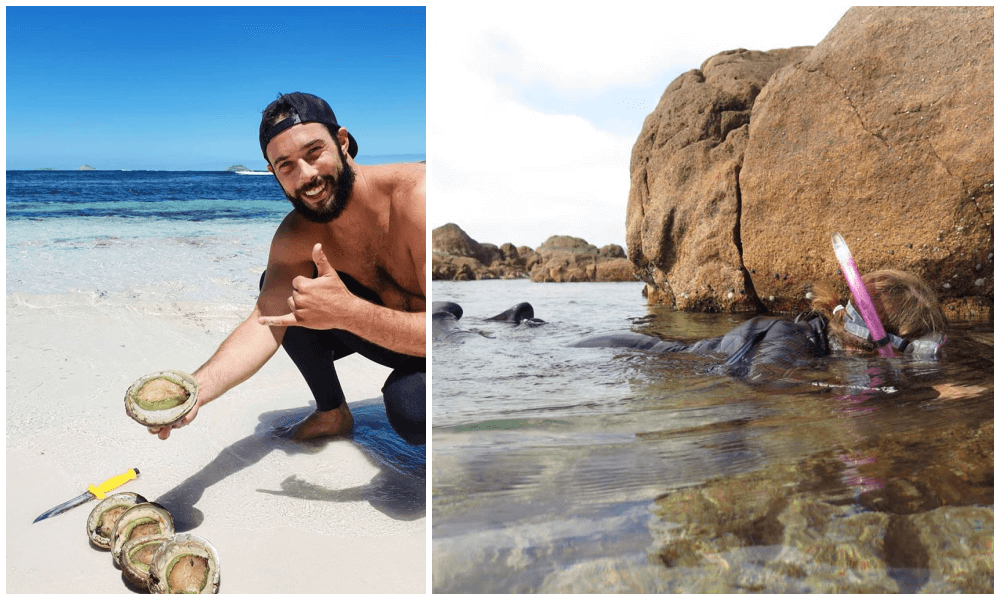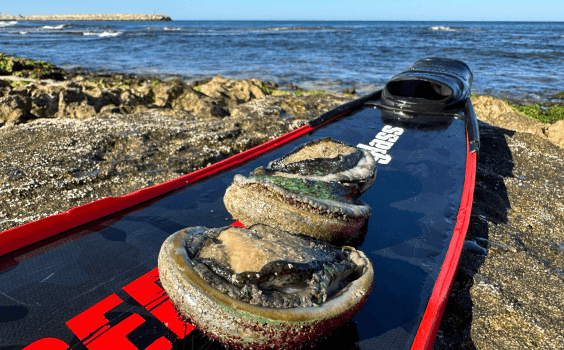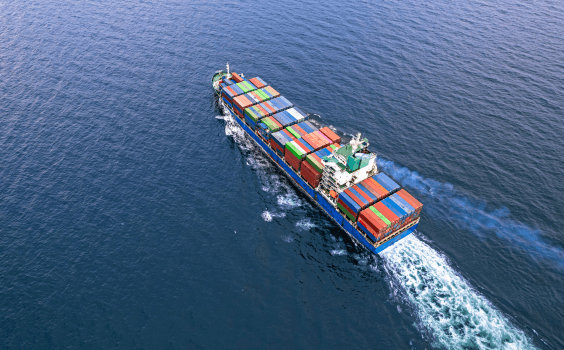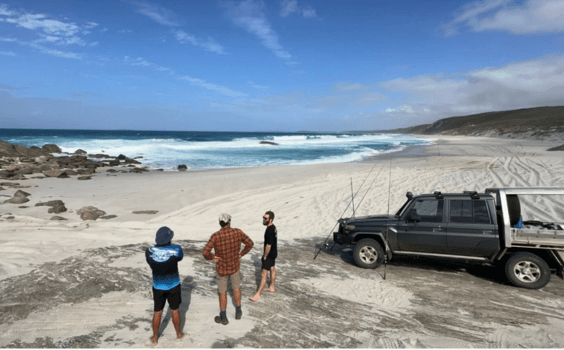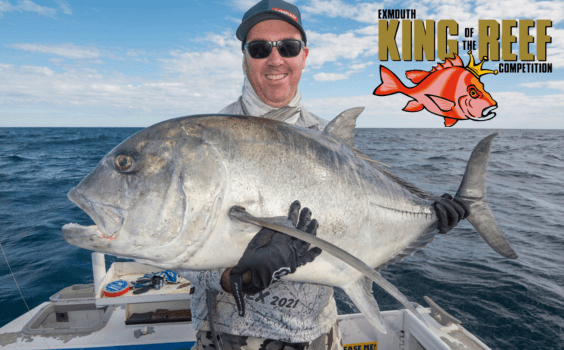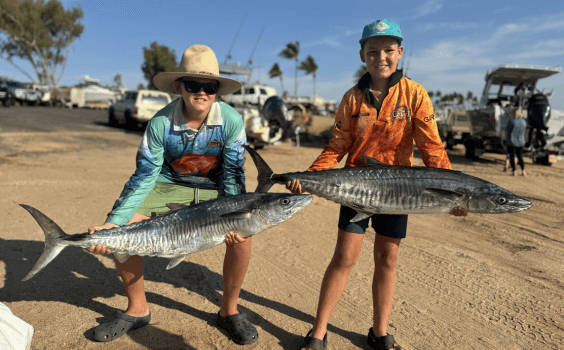DPIRD has advised that from 1 October 2023, fishing will not be permitted for greenlip abalone between Busselton Jetty and Shoal Cape in the Stokes National Park, west of Esperance.
In addition:
- These changes are for greenlip abalone along the south coast to protect the sustainability of stocks, but there will be no changes to fishing for brownlip and Roe’s abalone.
- DPIRD says that impacts of a previous marine heatwave event, followed by periods of above average sea surface temperatures, have slowed down the recovery of greenlip stocks with the latest stock assessment showing additional management action is needed for this species in this area.
- The area between Busselton Jetty and Shoal Cape is closed to both commercial and recreational fishing for greenlip abalone as part of the recovery strategy.
- Recreational fishing for brownlip abalone will still be permitted between Busselton Jetty and Shoal Cape with a daily bag limit of five per fisher per day.
- Recreational fishers will also still be permitted to catch Roe’s abalone across the entire southern zone with a bag limit of 20 per fisher per day.
- Fishing for greenlip abalone will still be permitted east of Shoal Cape to the WA/SA border, where a combined daily bag limit of five greenlip and/or brownlip abalone applies.
—————————————————————————————————————————————————————————————————————–
Where Recfishwest stands on the closure
Recfishwest supports the need to take action based on the latest science – the stocks need assistance to rebuild and the environment is creating challenges.
However, we are disappointed and concerned that the greenlip stock has been allowed to reach the point requiring a closure of the fishery – i.e. Busselton Jetty and Shoal Cape.
Recfishwest CEO Dr Andrew Rowland said, “Hundreds of tonnes of greenlip abalone have been extracted from the reefs in this area for export to China over the last decade, and at a time when the science was clearly showing a serious declining breeding stock.
“More decisive management action tackling the commercial catch should have occurred earlier, which could have prevented the need to shut down the fishery for the rest of the community, who traditionally have only caught a relatively small share [see below].

“Subsequently, recreational fishers are now asked to pay the price for ineffective management action that appears once again to have favoured commercial interests over the public good.
“Also where was the innovation? Why not invest in stocking abalone for a recreational fishery that delivers huge amounts of social and well-being benefits to the community? DPIRD has a great shellfish hatchery in Albany where it could be growing abalone spat for seeding on reefs. Fisheries management needs to embrace innovation and break away from the tired old ways of managing with commercial fishing bias. ”
